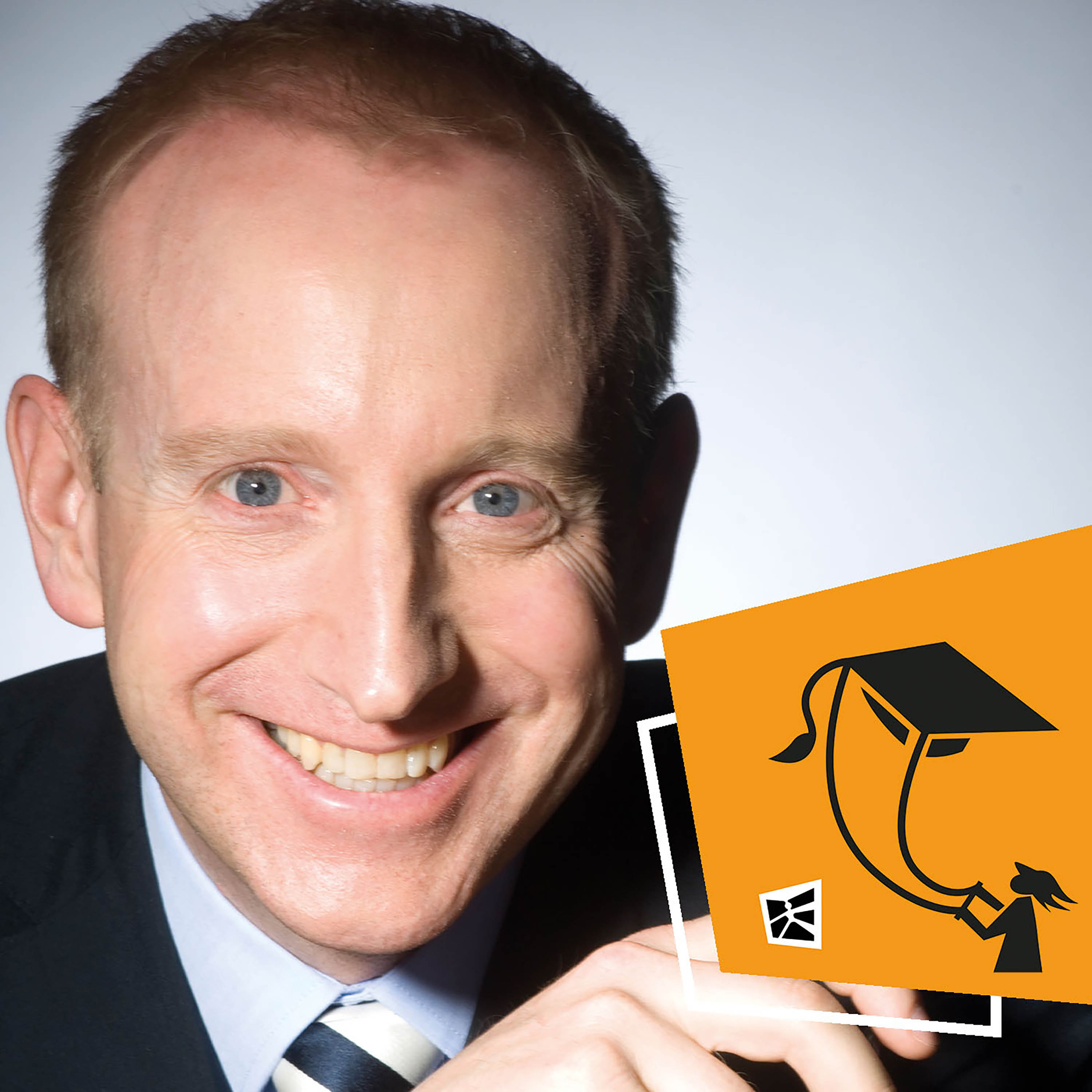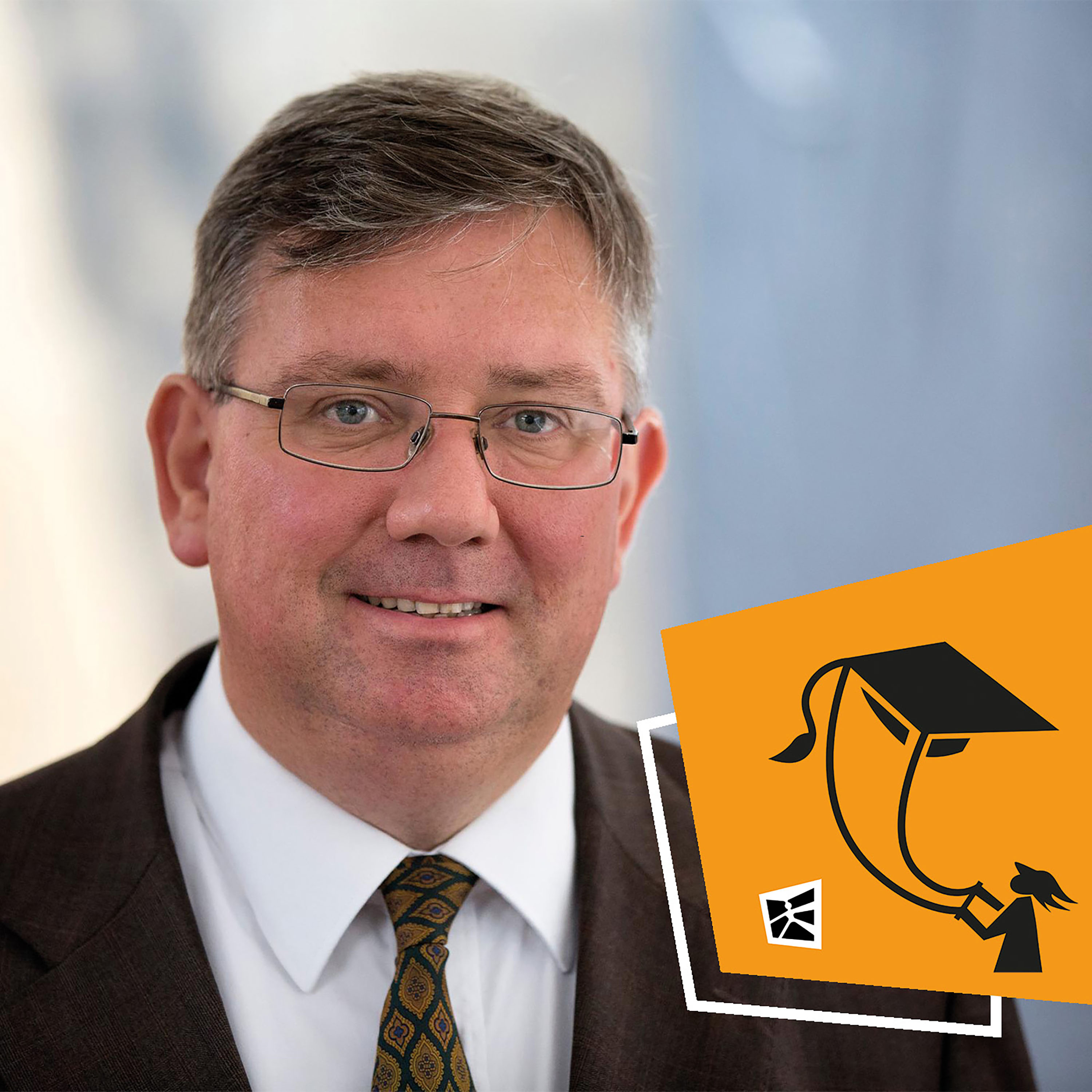Background - 04.04.2023 - 11:40
Iran: repression, cracks in the system and perplexity
The uprisings in Iran are stirring the whole world. Liberties, especially for women, are being demanded - boldly and fearlessly. What has changed since the protests started in September 2022? How can Switzerland support Iran's liberation struggle? A high-calibre group of experts discussed these questions on 30 March at the event "Woman, Life, Freedom - A Vote for Iran" at SQUARE. Besides the hope for a "time afterwards", there was some perplexity regarding possible perspectives for a free Iran.

The uprisings in Iran are stirring the whole world. Liberties, especially for women, are being demanded - boldly and fearlessly. What has changed since the protests started in September 2022? How can Switzerland support Iran's liberation struggle? A high-calibre group of experts discussed these questions on 30 March at the event "Woman, Life, Freedom - A Vote for Iran" at SQUARE. Besides the hope for a "time afterwards", there was some perplexity regarding possible perspectives for a free Iran.
The bright space of the SQUARE building stands in contrast to the dark topics discussed on this evening at SQUARE. What is the situation in Iran six months after the beginning of the uprisings? What has been achieved? And above all: what happens next? Andreas Böhm from the University of St.Gallen and Elika Palenzona from the University of Bern addressed these questions with their guests: FDP national councillor Doris Fiala, co-founder and member of the Parliamentary Group for Human Rights in Iran, Urs Gösken, Islam scholar, Saghi Gholipour, co-founder of "Free Iran Switzerland", and Philippe Welti, former Swiss ambassador to Iran.
From the streets to social media
Since the beginning of the protests, the mullah regime in Iran has arrested over 20,000 members of the opposition and killed about 500 demonstrators, including children and adolescents. The massive repression has caused a decline in the street protests. Saghi Gholipour from "Free Iran Switzerland" described how the protests have shifted to social media and are expressed in "civil disobedience": women who go out onto the streets without head scarves. Slogans shouted from windows or which leave their message in public spaces as graffiti. The former diplomat Philippe Welti was the Swiss ambassador to Iran between 2004 and 2009. The protests have caused him dismay and sorrow but also some disillusionment: "It looks so revolutionary. But I can't believe that everything's going to change."
If one attempts to outline the situation six months after the start of the protests, it becomes evident that what is happening is no black-and-white film. The uprising was triggered by women and initially had a feminist orientation. However, now a complex movement has emerged spanning different groups and concerns. According to Islam scholar Urs Gösken, women are the carriers of this movement: "For the first time in history women are deciding how people talk about a movement." Besides women, what role is played by young people born in the digital age? Elika Palenzona-Djalili spoke of her own experience in Iran, how it would have once been inconceivable to leave the house without a headscarf. "Young women are daring to do this although they put their lives in danger by doing so. Generation Z is very brave, excellently networked and know how their peers abroad live. This generation has nothing more to lose," says the Islam scholar.
Building up pressure with political work and demonstrations
How can Switzerland support the liberation movement for human and women's rights in Iran? What can be achieved at the political level? Philippe Welti is calling for the Federal Council to be blunt with the current regime - insisting is not without effect, he says. According to Welti, there is still a lot of potential at government level. The parliamentary group for human rights in Iran is also calling on the Federal Council to condemn the executions and take clear measures. The FDP politician Doris Fiala founded the group in the winter session 2022 together with five other national councillors. The goal is to ensure that people in Iran are also heard in Switzerland in their struggle for liberty and democracy. The members of the parliamentary group are assuming political sponsorships for people condemned to death or long prison sentences by the Islamic regime. The parliamentary group is convinced that only international pressure can prevent further state murders by the mullah regime.
Building up pressure - that is also in the interests of the "Free Iran Switzerland" organisation, which sees itself as a voice for the revolution in Iran. "Free Iran Switzerland" supports the opposition movement in the country and is trying to influence governments in the West not to continue supporting the Islamic regime. "International political and media pressure as well as demonstrations are needed to generate attention," emphasised "Free Iran Switzerland" co-founder Saghi Gholipour.
Sanctions versus soft power
Sanctions are one way of building up pressure. In a motion of its Foreign Policy Commission, the National Council is calling on the Federal Council to adopt EU sanctions against Iran. Opinions diverged in the expert group regarding how effective state means of pressure really are According to Philippe Welti, it is not yet possible to personalise sanctions so that they only hit those they are intended to hi. Saghi Gholipour is of another opinion. "Free Iran Switzerland" is calling on the EU to impose personalised sanctions. It wants the Revolutionary Guard to be placed on the terror list and is calling for funds to be blocked or travel rendered impossible for Irans's power elites. This, they say, is the only way to expedite democratisation in Iran: "The goal must be to deepen the cracks in the regime and not to further legitimise the government," argues Gholipour. By contrast, former diplomat Welti draws hope from soft power, "the power factor that eclipses everything." Soft power stands for the exercise of power on the basis of liberal values, human rights and democracy. This soft power is supposed to encourage people to stand up for fundamental liberal and democratic values. Federal politician Fiala is also urging Switzerland to defend its fundamental values together with Europe.
Next steps
Exiled Iranians are preparing for a time after the fall of the regime. What comes after that is an open question. The Iranian diaspora are unanimous in the opinion that secular democracy is the way into the future. Saghi Gholipour says: "We are practising democracy in the Iranian diaspora. It is important not to lose sight of our common goal." But how far is the path towards this goal? Islam scholar Urs Gösken points out that the government of Iran sees itself as a guardian authority and its population as minors. There is no provision for fundamental rights like freedom. Consequently, the current repressive system cannot not be democratised. This gives little cause for hope. The voice for Iran is also overshadowed by perplexity.
Text: Sabrina Rohner
More articles from the same category
This could also be of interest to you
Discover our special topics



![[Translate to English:] Choix Goncourt de la Suisse | unisg.ch](https://www.unisg.ch/fileadmin/_processed_/b/a/csm_Choix_Concourt_de_la_Suisse_HT-Stibi-069_2110740678.jpg)












